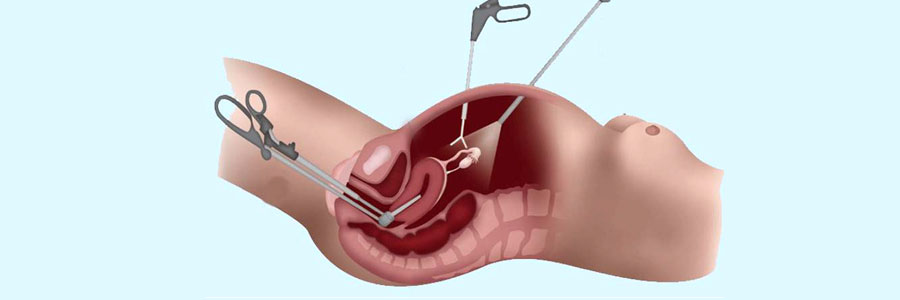Uterus removal (Hysterectomy)

Hysterectomy is a surgical procedure that involves the removal of the uterus, the organ where fetal development occurs during pregnancy. Hysterectomy is one of the most common surgical procedures performed on women and can be performed for various medical reasons.
Here are some key aspects of hysterectomy services
- Indications for Hysterectomy: Evaluating patients and determining the appropriate indications for hysterectomy, which may include conditions such as:
- Uterine fibroids (leiomyomas) causing symptoms such as heavy menstrual bleeding, pelvic pain, or pressure symptoms.
- Endometriosis with severe symptoms unresponsive to medical management.
- Adenomyosis, a condition where endometrial tissue grows into the muscular wall of the uterus, causing heavy bleeding and pelvic pain.
- Abnormal uterine bleeding that does not respond to conservative treatment methods.
- Preoperative Evaluation and Counseling: Assessing patients' medical history, performing physical examinations, and discussing the benefits, risks, and expected outcomes of hysterectomy. Addressing patient concerns, answering questions, and ensuring informed consent before surgery.
- Postoperative Care and Follow-Up: Providing comprehensive postoperative care, pain management, and monitoring for potential complications such as bleeding, infection, or urinary issues. Offering follow-up appointments to assess recovery, address any concerns, and provide guidance on postoperative instructions, activity restrictions, and resumption of normal activities.
- Psychological Support: Providing emotional support and counseling to help patients cope with the physical and emotional aspects of undergoing hysterectomy, including concerns about fertility, body image, sexuality, and menopausal symptoms.




